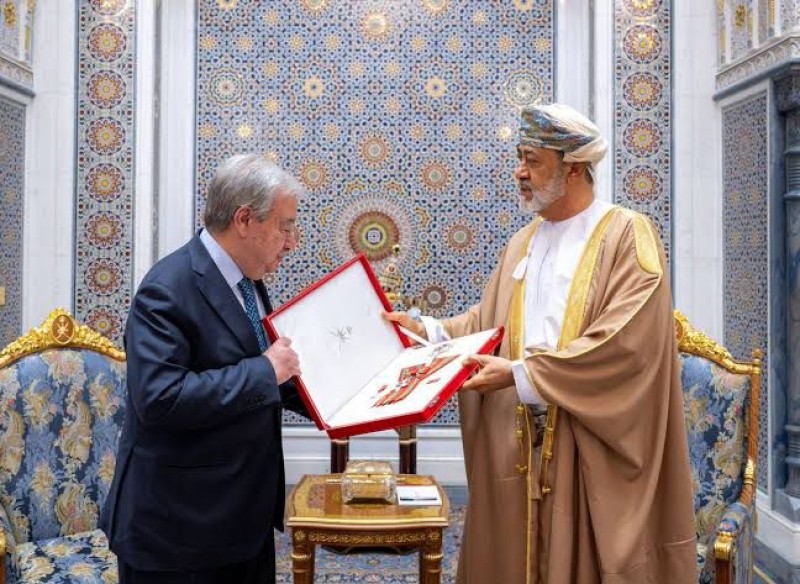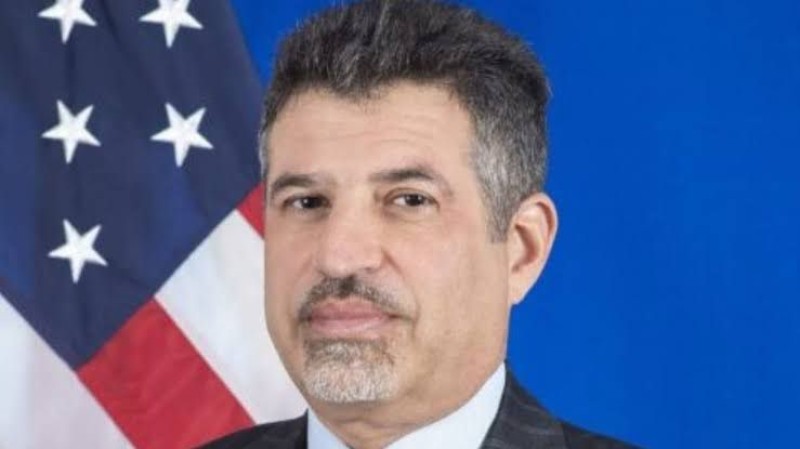UN: Yemen's warring parties reach preliminary pullout deal


Yemen’s warring parties reached a preliminary compromise on a plan for the redeployment of opposing forces from the key port of Hodeida, the United Nations said Thursday.
U.N. spokesman Stephane Dujarric said the preliminary agreement was reached by representatives of Yemen’s government and Houthi Shiite rebels meeting on a U.N. vessel in Hodeida’s inner harbour during U.N.-mediated talks between Feb. 3-6.
He said the head of the U.N. monitoring mission “tabled a proposal that proved acceptable, in principle … pending further consultations by the parties with their respective leaders.”
Dujarric said he couldn’t give details, but he said the U.N. monitoring team expects to reconvene the warring parties “within the next week, with the aim of finalizing details for redeployments.”
Retired Dutch Maj. Gen. Patrick Cammaert, the outgoing head of the U.N. operation monitoring the cease-fire and redeployment of forces from the Hodeida area that both sides agreed to in Sweden in December, chaired this week’s initial meetings, Dujarric said.
His replacement, Danish Lt. Gen. Michael Lollesgaard, attended the meetings and has now taken over.
The agreement in Sweden was seen as a key step in attempts to end the conflict in Yemen, which began with the 2014 takeover of the capital Sanaa by the Iranian-backed Houthis, who toppled the government of Abed Rabbo Mansour Hadi.
A Saudi-led coalition allied with Hadi’s internationally recognized government has been fighting the Houthis since 2015.
The fighting in the Arab world’s poorest country has taken a terrible toll on civilians, with thousands killed and a catastrophic humanitarian crisis under way. Millions suffer from food and medical care shortages and the country has been pushed to the brink of famine.
U.N. humanitarian chief Mark Lowcock said in a statement Thursday that the U.N. and its humanitarian partners are scaling up to reach 12 million people with emergency food, a 50-per cent increase over 2018 targets.
He said the Red Sea Mills in a government-controlled area of Hodeida has enough grain to feed 3.7 million people for a month, but the U.N. has been unable to gain access since September while the grain possibly spoils in silos.
He deplored that last month two silos were hit by mortar shells and the resulting fire destroyed some grain — “probably enough to feed hundreds of thousands of people for a month.”
Lowcock said the Houthis have refused to authorize the United Nations to cross front lines into government-controlled areas to access the Red Sea Mills, citing security concerns.
Discussions are continuing with both sides and Lowcock implored the Houthis and their affiliates “to finalize an agreement and facilitate access to the mills in the coming days.”
AFP.

Muscat – The Office of the UN Special Envoy to Yemen said Monday that UN Secretary-General António Guterres discussed the overall situ…

Riyadh — U.S. Ambassador to Yemen, Steven Fagin, on Monday underscored Washington’s commitment to the unity of the Presidential Leaders…

Abyan — The Southern Transitional Council (STC) in Yemen announced on Monday the launch of wide-scale military operations in Abyan province,…